
In eastern Lebanon’s city of Baalbek, the Jawhari family gathered around a gaping crater where their home once stood, tears streaming as they tried to make sense of the destruction.
“It is heart-breaking. A heartache that there is no way we will ever recover from,” said Lina Jawhari, her voice breaking as she hugged relatives who came to support the family. “Our world turned upside down in a second.”
The home, which was a gathering place for generations, was reduced to rubble by an Israeli airstrike on Nov. 1, leaving behind shattered memories and twisted fragments of a once-vibrant life.
The family, like thousands of Lebanese, were returning to check on their properties after the U.S.-mediated ceasefire between Israel and Hezbollah went into effect early Wednesday.
Intense Israeli airstrikes over the past two months leveled entire neighborhoods in eastern and southern Lebanon, as well as the southern suburbs of Beirut, which are predominantly Shiite areas of Lebanon where Hezbollah has a strong base of support. Nearly 1.2 million people have been displaced.
The airstrikes have left a massive trail of destruction across the country.
A photo of the Jawhari family’s home — taken on a phone by Louay Mustafa, Lina’s nephew — is a visual reminder of what had been. As the family sifted through the rubble, each fragment recovered called them to gather around it.
A worn letter sparked a collective cheer, while a photo of their late father triggered sobs. Reda Jawhari had built the house for his family and was a craftsman who left behind a legacy of metalwork. The sisters cried and hoped to find a piece of the mosque-church structure built by their father. Minutes later, they lifted a mangled piece of metal from the debris. They clung to it, determined to preserve a piece of his legacy.
“Different generations were raised with love... Our life was music, dance, dabke (traditional dance). This is what the house is made up of. And suddenly, they destroyed our world. Our world turned upside down in a second. It is inconceivable. It is inconceivable,” Lina said.
Despite their determination, the pain of losing their home and the memories tied to it remains raw.
Rouba Jawhari, one of four sisters, had one regret.
“We are sad that we did not take my mom and dad’s photos with us. If only we took the photos,” she said, clutching an ID card and a bag of photos and letters recovered from the rubble. “It didn’t cross our mind. We thought it’s two weeks and we will be back.”
The airstrike that obliterated the Jawhari home came without warning, striking at 1:30 p.m. on what was otherwise an ordinary Friday.
Their neighbor, Ali Wehbe, also lost his home. He had stepped out for food a few minutes before the missile hit and rushed back to find his brother searching for him under the rubble.
“Every brick holds a memory,” he said, gesturing to what remained of his library. “Under every book you would find a story.”
-AP





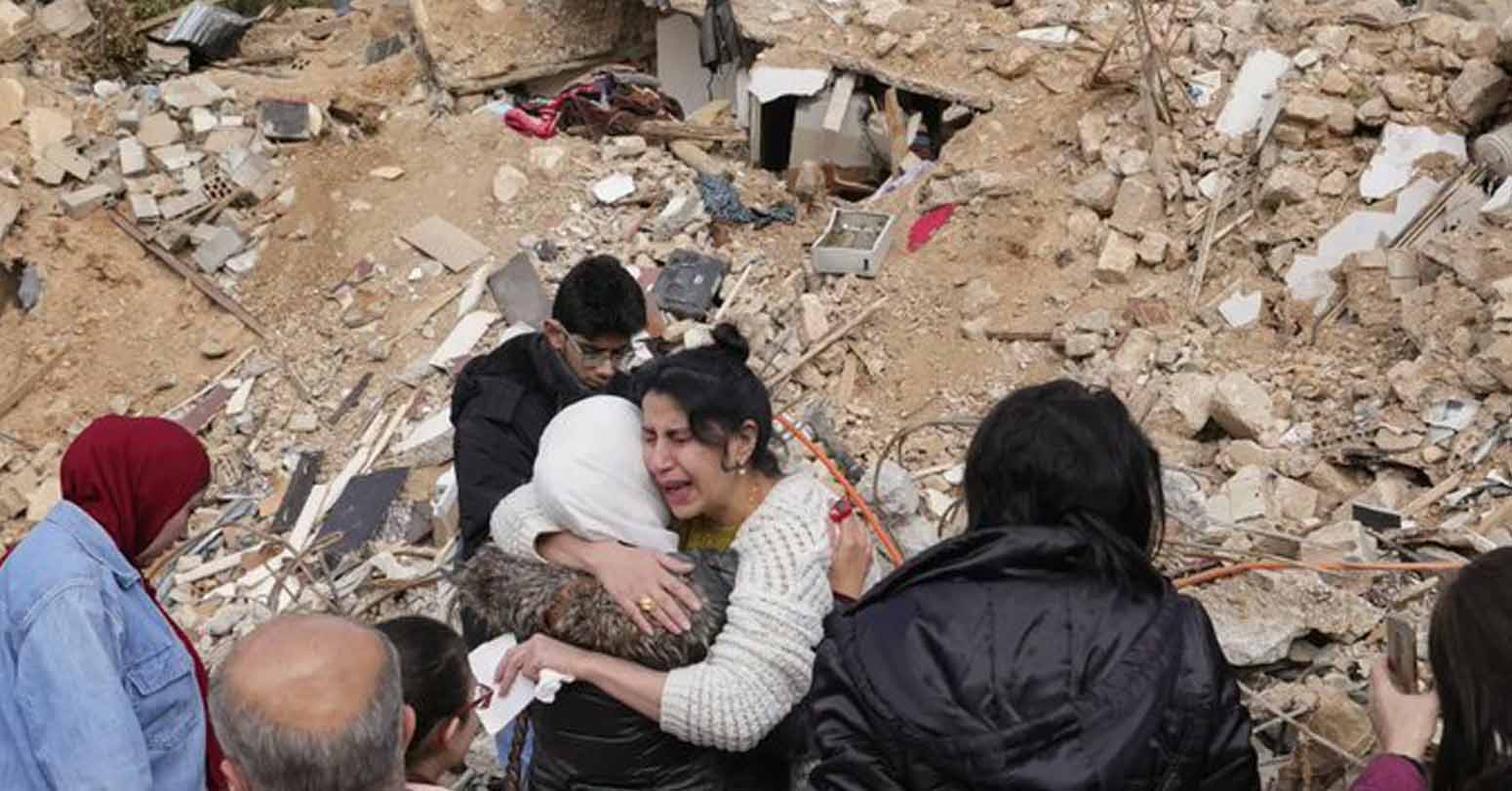
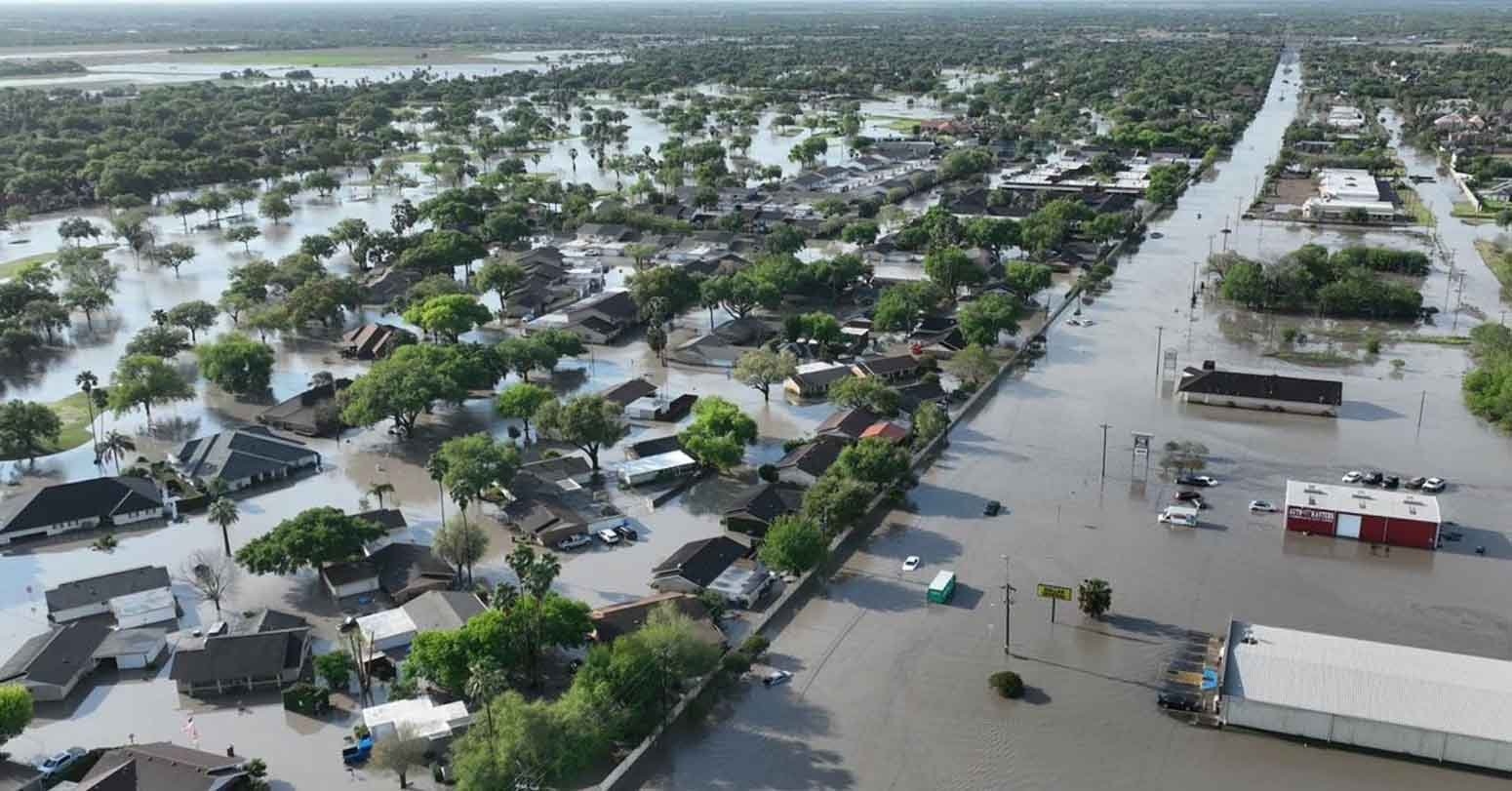
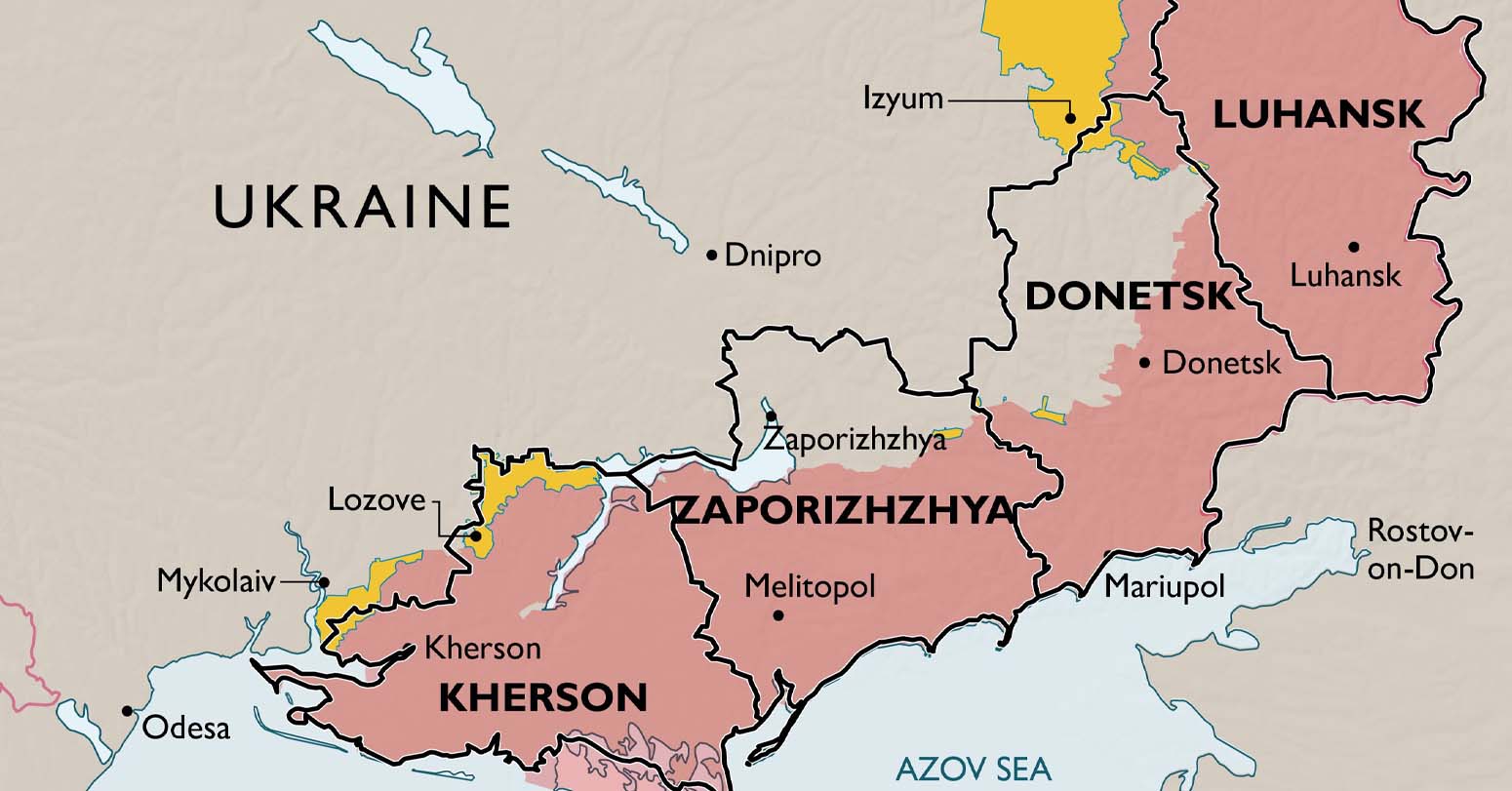
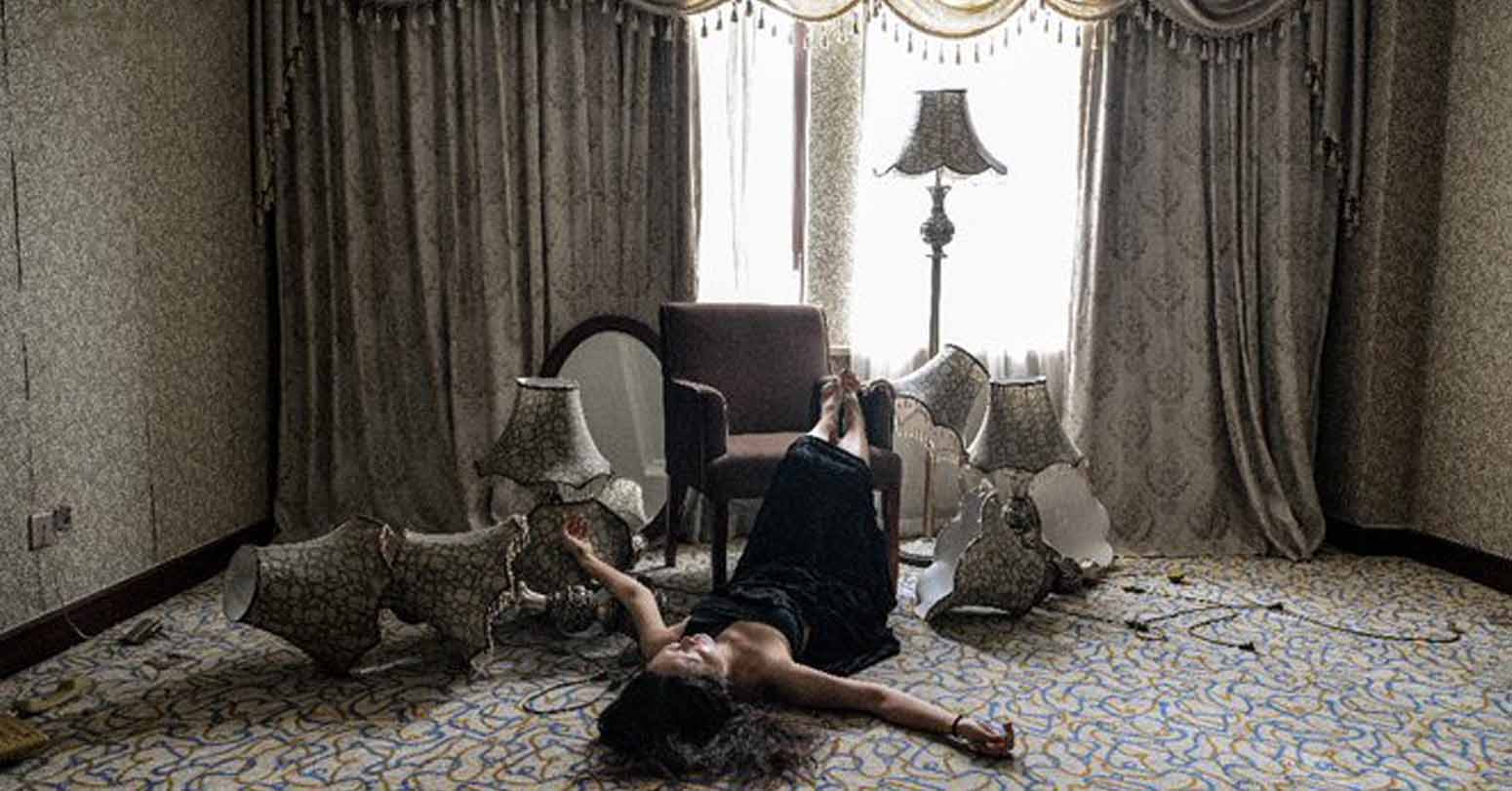



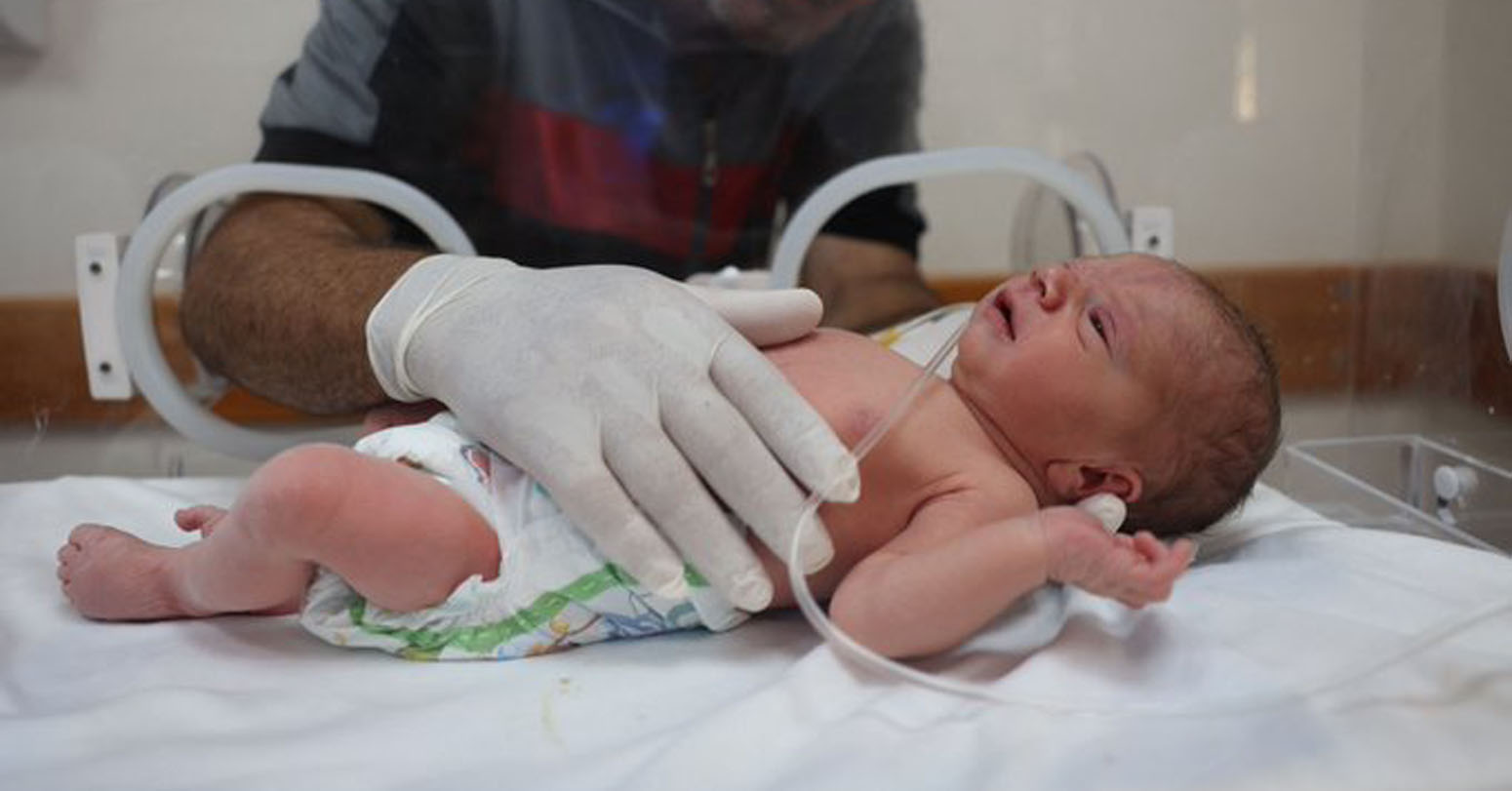


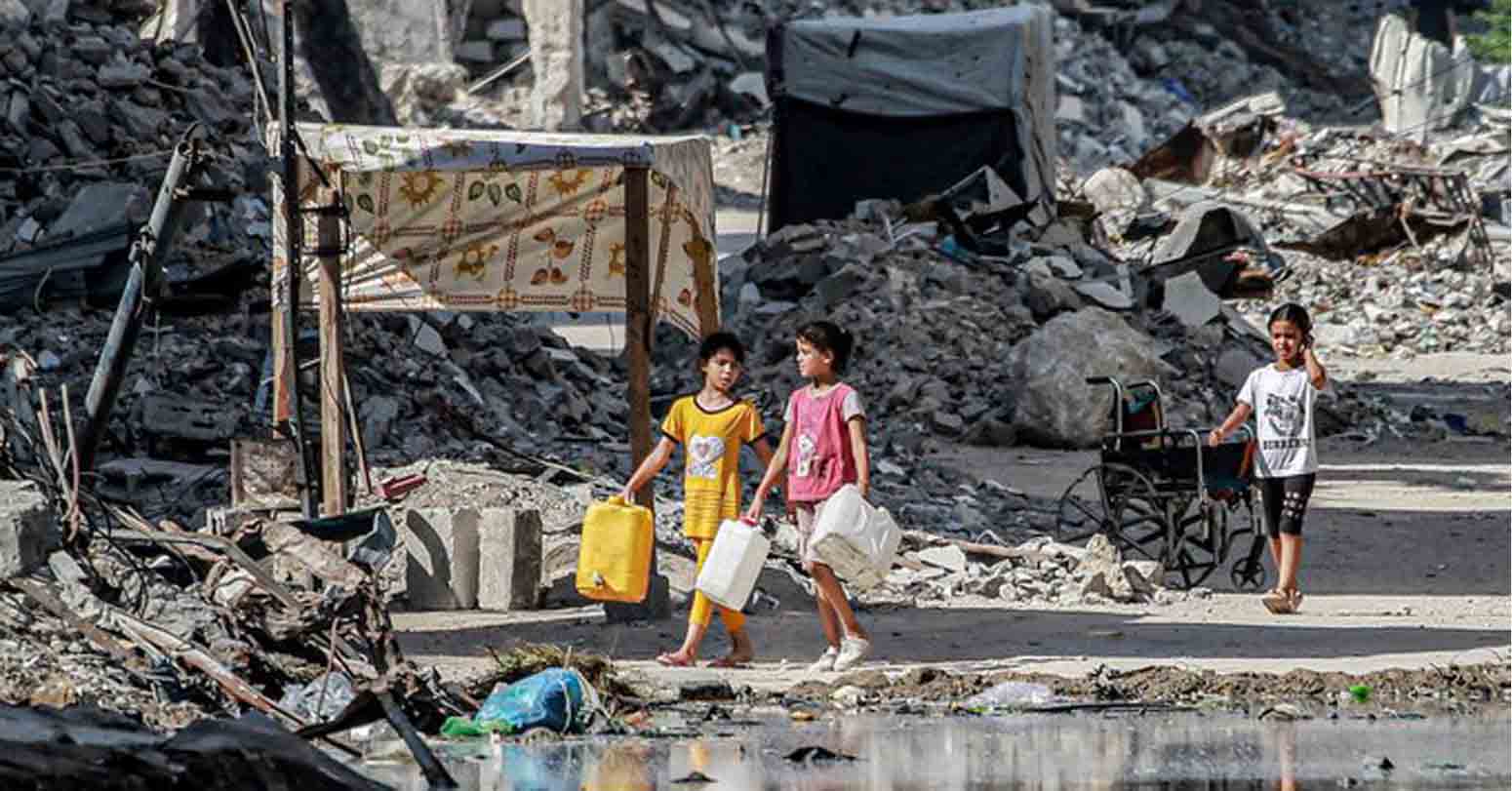

Middle-aged man spends millions to
Dr. Dharam Raj Upadhyay: Man
Breathing The Unbreathable Air
Comprehensive Data Protection Law Critically
Gender Differences In Mental Healthcare
Erosion of Democracy